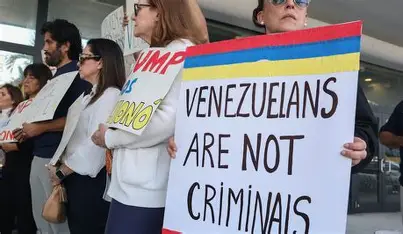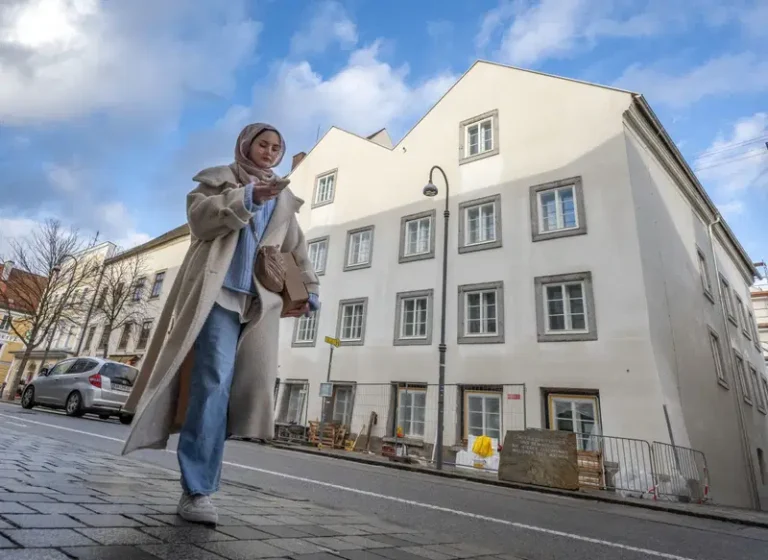
Some former envoys have said that the G20 and BRICS+ have continued to ignore Nigeria because of the country’s increasingly weak economy.
According to them, poor political leadership over the years has dwarfed Nigeria’s development hence the country has not been able to meet the socio-economic standards of the G20, a premier global bloc for discussing economic issues; and the BRICS+, a nine-member economic and political force.
They said an import-dependent economy coupled with market instability and the unpredictable forex exchange regime cannot attract investors or economic allies.
These were the thoughts of Nigeria’s former Deputy Permanent Representative to the United Nations, Usman Sarki; Nigeria’s former Ambassador to the Benin Republic, Lawrence Obisakin; and ex-Senior Advisor to the United Nations (Nigeria Office), Fred Eno.
The three diplomats spoke on Channels Television today.
South Africa, with about 62.4 million population, and a Gross Domestic Product of $373.23bn, according to data by the International Monetary Fund (IMF), is a member of BRICS+ and the G20, while Nigeria with 227 million people and $252.74bn GDP is not a member of both blocs.
Sarki said the membership of the two global groups is not automatic and that Nigeria has not met the economic standards to join the blocs.
He said, “There are certain criteria that make those countries look at candidates. One of those is have we met all standards in terms of the organisation of our economy, in terms of the management of our economy, in terms of the projections and certainty of the way we organise ourselves?
“On all indices, on all factors, we seem to have failed in meeting those benchmarks. So, it is difficult to invite you into an exclusive clan when you do not meet the standards that have been set. And these countries will not lower their standards because of you, they will expect you to up your game to meet the standards and admit you.”
He said Nigerian leaders must have the discipline to organise and stabilise the economy to attract investors and create jobs as these would send the right signals to the international community.
‘Beyond Population’
Obisakin agreed with Sarki saying that no global bloc would want to work together with a country when there are no common interests.
Obisakin, a former Nigerian Ambassador to the Benin Republic, said becoming a member of the G20 and BRICS+ goes beyond having a large population and vast geographical spread.
He said, “There are causes and effects and correlational factors. Why did Nigeria not get invited? As regards BRICS+, I have the quotation of our Vice President (Kashim Shettima) saying Nigeria did not apply. But we are diplomats. When we talk about liberal theories of getting people to work together, it’s because there are common interests.
“When people organise meetings and conferences, they have objectives and they will select those who are relevant to them.”
He said “when a nation is strong” economically, people would want to identify with it.
“When you talk about the strength of a nation, it’s not just demography, population could be a disaster if not a liability, we are talking of the Nigerian population being well-trained and equipped. A country that is unable to feed itself is unstable, he added.
He noted political stability and security as another factor considered by developmental partners.
Citing the recent suicide bombings in the Gwoza area of Borno State, the ex-envoy said, “A country that is insecure cannot attract investments because if it can happen in the country, it can happen anywhere in the country”.
“We are talking about G20, the world’s largest and most advanced economies, will they invite us? Politically we are not stable, each time we have an election, it’s like going to war. Economically, the naira is down. What are we exporting? We are importing. Nobody leaves his currency and let it float. We have seen where it is floating now. We must manage our currency and coordinate our economy.”
Automatic Membership?
Similarly, Eno, a former UN advisor, shared the views of Sarki and Obisaki, saying that with Nigeria’s intimidating population and the size of its economy, being a member of the G20 and the BRICS+ should have been automatic but for institutional challenges.
“One would have assumed that it is something natural given the size of the population and the economy. For G20, part of it has to do with our own institutions and how they function,” he said.
Eno said Nigeria’s institutions are not manned by the right people to provide the right kind of information that our decision-makers can rely on to make the right policies.
He said instead of chasing the membership of BRICS+, G20 and other economic power groups in the world, governments at all levels should focus on human capital development.
The three ex-envoys urged the federal government to set enduring solutions to the challenges of forex exchange volatility, skyrocketing interest rates, soaring inflation, food crisis, and many more encumbrances highlighted by manufacturers and industrialists “because the internal dynamics of the country are what shape the image of the country externally”.
Formed in 1999, the G20 brings together the most industrialised member states to meet regularly and coordinate international policies on trade, health, climate and other issues.
The G20’s members are Argentina, Australia, Brazil, Canada, China, France, Germany, India, Indonesia, Italy, Japan, Mexico, Russia, Saudi Arabia, South Africa, South Korea, Turkey, the United Kingdom, the United States, Spain. The European Union is also a member with the African Union being the latest member admitted in 2023.
Similarly, BRICS, an acronym for Brazil, Russia, India, China, and South Africa was created in 2006 as a bloc which brings together the world’s most developing economies to challenge the political and economic power of the wealthier nations of North America and Western Europe.
In January, the bloc, now known as BRICS+, admitted four new members, Egypt, Ethiopia, Iran and the United Arab Emirates. BRICS+ accounts for about 37% of the world’s GDP.








